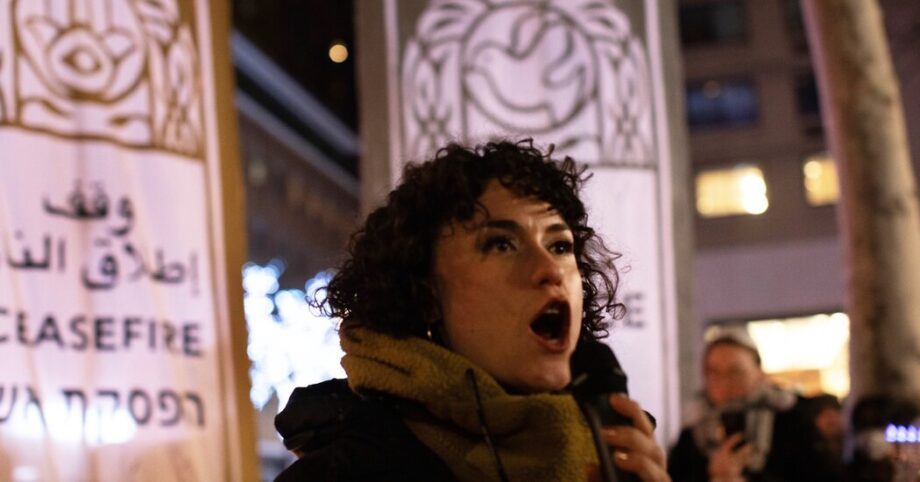Decades ago, the Black Panther Party and the Student Nonviolent Coordinating Committee (S.N.C.C.) stood in solidarity with the Palestinian resistance as both groups fought against repression. During that era, Huey P. Newton, leader of the Black Panther Party, voiced strong support for the Palestinian liberation struggle. However, as the Black Power Movement gained momentum, the Black-Jewish alliance began to crumble.
In the years that followed, Nation of Islam leader Louis Farrakhan delivered sermons that criticized Jewish power and influence, leading to further strain in the relationship. More recently, prominent figures like rapper Ye (formerly Kanye West) and N.B.A. star Kyrie Irving made comments that stirred controversy within the Black and Jewish communities.
Despite these challenges, a new alliance has emerged in recent years, driven in part by civil rights protests and a renewed focus on the Palestinian cause. This growing partnership has garnered attention and praise from activists like Nyle Fort, who emphasizes the importance of collaboration between Black and Jewish groups on both domestic and international issues.
In addition to joint efforts on political campaigns and public opinion, Black and Jewish activists are also aligning in their shared outrage over issues such as the Israeli-Palestinian conflict. This convergence of interests has led to a deeper understanding and mutual support between the two communities, as demonstrated by the recent remarks of author Ta-Nehisi Coates and the advocacy of organizers like Morgan Bassichis from Jewish Voice for Peace.



